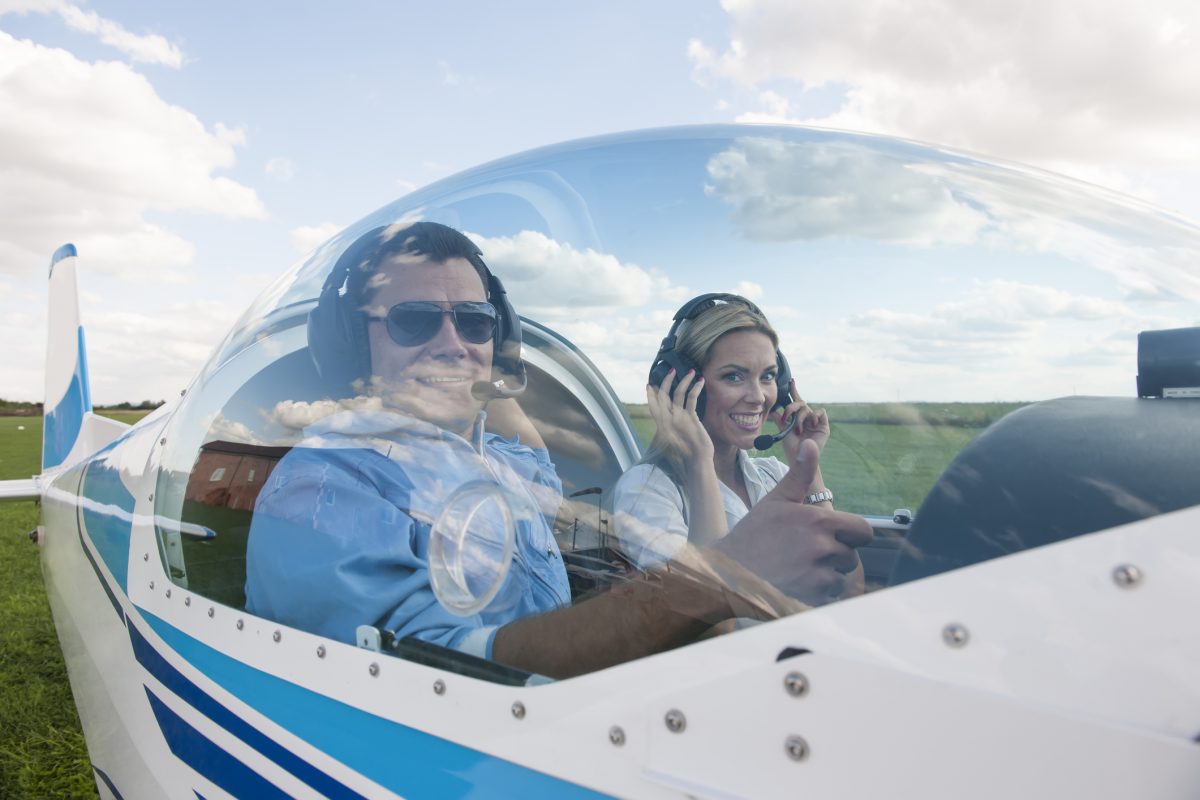
Most of us know that exercise is an important part of living a long and healthy life. But did you know that staying physically active can also improve your performance as a pilot? Exercise offers a number of benefits that may help you cope with the demands of the flight environment and keep you flying safely as you grow older. Here’s a look at some of the top benefits of exercise for pilots:
Improve heart health
Cardiovascular problems such as heart disease are among the most common reasons pilots are denied medical certification by the FAA. However, many of the risk factors for heart disease are lifestyle-related, making the condition largely preventable.
According to the American Heart Association, getting at least 150 minutes of moderate-intensity aerobic activity per week can help to lower the risk of heart disease, stroke, and high blood pressure. Any type of exercise that gets your heart rate up counts, including jogging, swimming, biking, and even sports like basketball or volleyball. If you’re just getting into exercise, walking can be a great place to start because it’s a low-impact activity that doesn’t require any special equipment.
Strengthen bones and muscles
Exercising on a regular basis allows pilots to maintain the strength and flexibility needed to stay comfortable in the cockpit for long stretches of time. Staying active can also help pilots preserve the fine motor skills and quick reflexes required to perform tasks such as tuning the radio or programming the navigation system. The AOPA Air Safety Institute provides a helpful handout of basic exercises for pilots of all ages, including specific aerobic and strength building exercises.
Help keep brain function and memory sharp
There’s no denying that flying involves a great deal of information-processing and decision-making. For pilots, staying mentally sharp can make all the difference in flying as long, and as safely, as possible. Fortunately, exercise can help with both the physical and mental side of flying. Recent studies show that regular exercise can change the brain in ways that protect memory and thinking skills, helping to reduce the sense of “brain fog” that may come with age.
Boost mood and energy
Flying when you’re feeling sluggish, tired, or fatigued is never a good idea. And attempting to fly when you’re irritable, stressed, or in a generally bad mood can be just as dangerous. Research finds that exercise is an effective way to boost mood and increase energy. While exercising, the body releases endorphins, which are natural mood lifters that help you feel more energized throughout the day. Exercise is also known to stimulate the release of serotonin and other “feel good” hormones that help to regulate mood, sleep, and appetite. Furthermore, daily exercise can provide a healthy outlet for stress and frustration, helping pilots avoid bringing negative emotions with them into the cockpit.
It’s clear to see the connection between physical activity and overall health and well-being. Exercising even for just a few minutes at a time can add up to years of healthier living, helping to delay or prevent chronic illnesses or diseases. Start slowly and try to find an exercise that you enjoy doing. You may find that you arrive at your next flight physical with a little more confidence!
Before starting any new exercise program, please consult your physician.